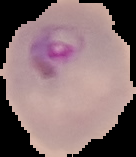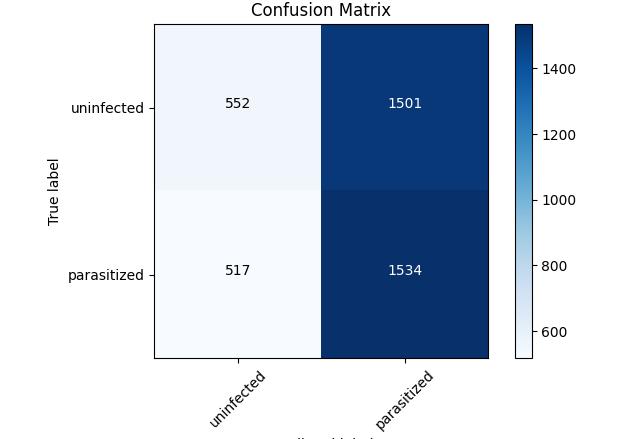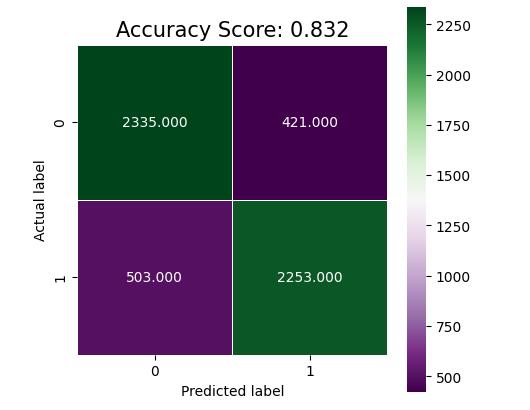Welcome to our Malaria Detection System website!
Our team of dedicated developers and researchers are
passionate about using technology to improve healthcare outcomes and save lives. With our cutting-edge
machine learning algorithms, we are committed to developing a state-of-the-art malaria detection system
that accurately and quickly identifies malaria-infected cells in blood samples.
Our system is powered by artificial intelligence, including convolutional neural
networks and transfer learning, to achieve the highest level of accuracy in detecting infected cells in
blood samples
We are constantly exploring and implementing new algorithms and techniques to
improve the speed and accuracy of our system, and to stay at the forefront of the latest advances in
machine learning and healthcare.
Our team is committed to making a real difference in the world by leveraging
technology to improve healthcare outcomes and save lives, and we are proud to be contributing to the
fight against malaria.






